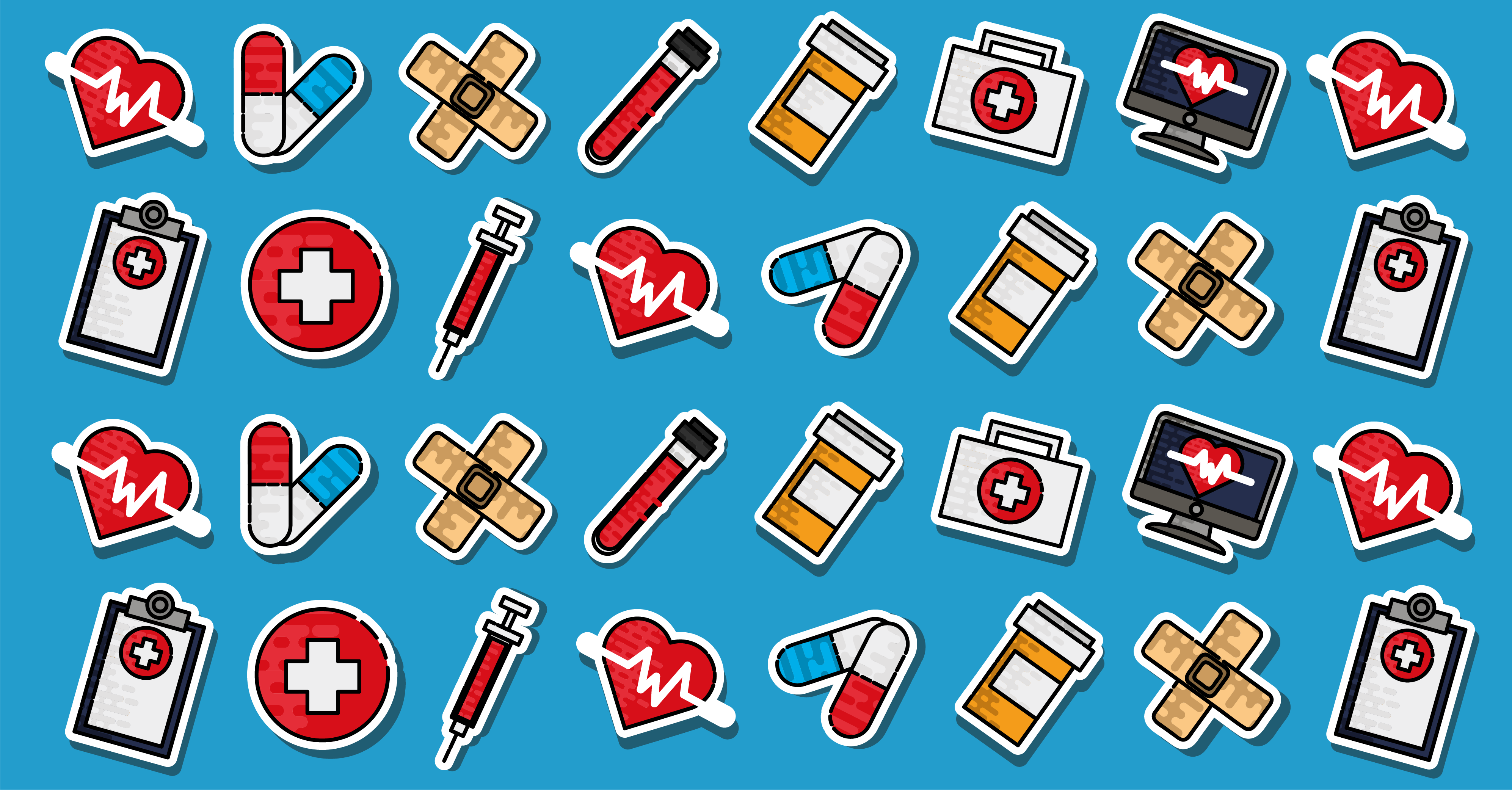Congratulations on your graduation! One important step in setting yourself up for ongoing future success is to decide how to ensure you have adequate health insurance coverage once you are out of school. You have options to consider:
Are you 26 or younger?
One of the features of the Affordable Care Act (ACA) that nearly everyone can agree on is the extension of the age limit of dependents to age 26. This means that as you graduate if you are already covered by your parents’ health insurance, whether that is through one of their jobs or through an individual policy purchased through the federal marketplace (healthcare.gov) or a state marketplace, you can probably continue as is and be covered. You don’t have to live with them (or in the same state), be single, or be claimed as a dependent on their taxes for this to be true. Be sure to check their policy, however, for details. And if you don’t live in the same state as them, make sure you’ll have access to a sufficient number of in-network providers. Otherwise, your costs could be high.
If you are not currently covered by your parents’ insurance, you may be able to join their plan now; while college graduation itself is not a “qualifying event” that would enable you to enroll outside of an annual open enrollment period, losing student coverage through your college can be.
Do you have a new job that will provide coverage at an affordable cost?
Most larger employers and even some smaller ones offer health insurance coverage as a benefit. When you’re offered a new job, ask if health insurance is part of the deal and find out if there is a waiting period to enroll. If your employer offers individual coverage that’s not affordable (i.e., the cost that you have to pay each month is more than 9.5 percent of your household income), or if you are working temp or freelance, you should check out the ACA marketplace.
What are the options for purchasing your own health coverage?
Depending on where you live, there are still good options available through health care.gov (or depending on your state, through your state’s health care exchange), also known as the ACA marketplaces. If you’ve had a qualifying event (such as loss of your student health plan) that allows you to enroll before the fall annual open enrollment period, be sure to sign up within 60 days of losing your previous coverage.
The ACA marketplaces make it easy to compare plans, which all have to meet certain minimum standards of coverage. Generally, plans with higher monthly premiums (platinum and gold) give you more coverage and will pay more of your medical expenses. Silver and bronze level plans have smaller premiums, but higher deductibles and copays (your out-of-pocket costs). If you’re relatively healthy and on a tight budget, they may be your best buy.
Depending on your income, you may be eligible for a tax subsidy to help pay your premiums. But you won’t qualify if you’re still listed as a dependent on your parents’ tax return and you’re eligible for coverage on their plan. (On the other hand, your parents may qualify for a subsidy if they’re adding you as a dependent to their plan.)
People under age 30 or who qualify for a hardship exemption can buy what’s called a catastrophic health plan. These plans have low premiums and are really intended to protect you from sky-high medical bills after a serious accident or illness. They won’t be of much help with routine healthcare costs, however, as catastrophic plans require you to pay most of your medical expenses up to a certain amount, usually a few thousand dollars.
If you don’t have a job, or if you have a very low income, you can also look into whether you qualify for Medicaid coverage, for which you can apply at any time.






